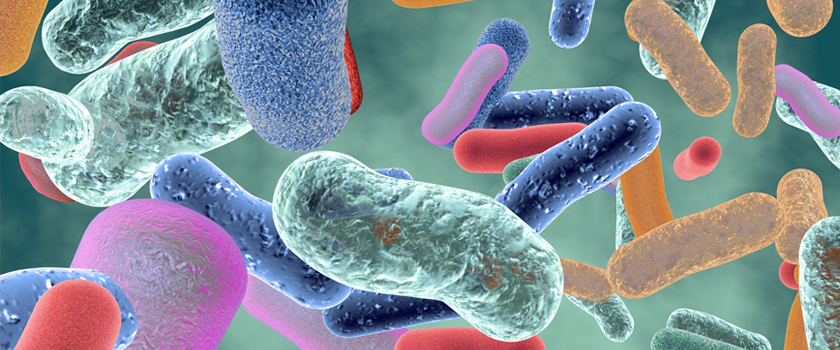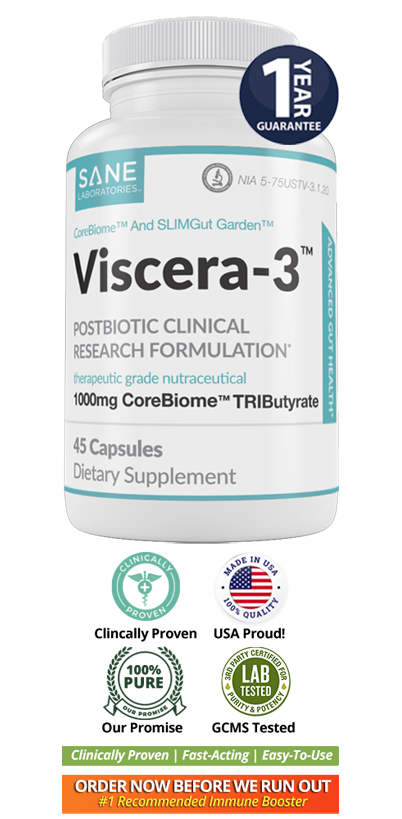Do Probiotics Help Atopic Dermatitis?
Probiotic therapy with Lactobacillus has been studied for the treatment of atopic dermatitis. The evidence showed and has proven to be of limited benefit
Yes. Probiotic therapy with Lactobacillus has been studied for the treatment of atopic dermatitis. The evidence showed and has proven to be of limited benefit.
The effects of probiotics on Atopic Dermatitis
Probiotic, Prebiotic, and Postbiotics supplements seem to have a beneficial effect on Atopic Dermatitis and its prevention. Be cautioned, however, evidence to support dietary supplementation of the diet with probiotics for managing Atopic Dermatitis is insufficient.
Meta-analysis of probiotics
A 2009 meta-analysis of 12 randomized trials including 781 participants found that probiotics were not more effective than placebo in reducing eczema symptoms and sleep disturbance.
The use of probiotics in this study shows that the supplement does not reduce the need for other treatments. This then calls for treatment via topical corticosteroids.
Following the 2009 study, a meta-analysis of 25 randomized trials including 1600 participants found interesting evidence. This analysis reported that probiotics were associated with a modest, clinically insignificant reduction of the baseline Scoring of Atopic Dermatitis (SCORAD) score (1).
Atopic Dermatitis mechanism of injury, clinical signs, and diagnosis
We begin this discussion by answering, “What is Atopic Dermatitis?”
Atopic dermatitis is a chronic pruritic inflammatory skin disease that occurs most frequently in children. But it can also affect adults. AD is associated with elevated IgE and a family history of eczema, asthma, and allergic rhinitis (known as atopy).
Who is affected by the atopy?
Atopic dermatitis affects approximately 5 to 20 percent of children worldwide. In the United States, the prevalence is approximately 11 to 15 percent (2, 3, 4). Approximately 70 percent of patients have a positive family history of atopic diseases.
How does AD Happen?
Either skin inflammation is initiated by skin barrier malfunction outside of the body (“outside-in” hypothesis) or by immune dysregulation inside the body (“inside-out” hypothesis). The jury is still out on which theory is prevailing.
What does AD look like?
Dry skin and severe pruritus (itching) are the primary signs of atopic dermatitis. Clinical presentation is highly variable, depending on the patient’s age and disease activity.
How do you treat Atopic Dermatitis (AD)?
The treatment of AD varies depending on the severity, and there are different avenues your healthcare provider may take. Here are some of the general approaches.
Preventing AD
Treatment includes avoiding soap and other irritants. Certain creams or ointments may also provide relief from the itching.
Medications for AD
Steroid, Antihistamine, and Topical antiseptic
Self-care for AD
Ultraviolet light therapy, Barrier cream, PUVA, Urea, Coal tar extract, and Moisturizer all fall under the self-care portion of AD.
How do probiotics play a part in Atopic Dermatitis Treatment?
As you recall, Probiotic therapy with Lactobacillus and other organisms has been studied to treat AD in infants and children but has proven to be of limited benefit.
Probiotic supplementation in AD
Probiotic supplementation in pregnant mothers and infants at risk for AD may prevent the development of the disease in children younger than three years.
A 2014 meta-analysis of 16 randomized trials found that probiotics given in the prenatal and postnatal period reduced the risk of AD in the first years of life in both children at high risk of atopic dermatitis and in those from the general population. (5,6)
Can probiotics help in skin conditions such as dermatitis?
Yes, in theory. When probiotics are taken as a supplement, they can indeed help benefit people suffering from conditions such as eczema. The theory is that by adding bacteria (beneficial bacteria) to your diet, a limited number of eczema flares or episodes occur.
The bottom line with AD:
There isn’t enough evidence to suggest that probiotic bacteria can help reduce your eczema flares
What is better than probiotics?
With Viscera-3, transporting butyrate (butyrate supplements are postbiotics supplements that are superior to probiotic supplements) straight to your colon to fix your digestive bathroom issues is quick and easy. You can enjoy a balance of the gut-brain-hormone axis and, as a result, boost immunity and the robustness of your physiology.
Citations and References
- Probiotics for the treatment of eczema: a systematic review R J Boyle 1, F J Bath-Hextall, J Leonardi-Bee, D F Murrell, M L-K Tang PMID: 19573037 DOI: 10.1111/j.1365-2222.2009.03305.x
- Worldwide variations in the prevalence of symptoms of atopic eczema in the International Study of Asthma and Allergies in Childhood. Williams H, Robertson C, Stewart A, Aït-Khaled N, Anabwani G, Anderson R, Asher I, Beasley R, Björkstén B, Burr M, Clayton T, Crane J, Ellwood P, Keil U, Lai C, Mallol J, Martinez F, Mitchell E, Montefort S, Pearce N, Shah J, Sibbald B, Strachan D, von Mutius E, Weiland SK J Allergy Clin Immunol. 1999;103(1 Pt 1):125.
- Eczema prevalence in the United States: data from the 2003 National Survey of Children’s Health. Shaw TE, Currie GP, Koudelka CW, Simpson EL J Invest Dermatol. 2011;131(1):67. Epub 2010 Aug 26.
- The prevalence and persistence of atopic dermatitis in urban United States children. McKenzie C, Silverberg JI Ann Allergy Asthma Immunol. 2019;123(2):173. Epub 2019 May 22.
- Effect of nutrient supplementation on atopic dermatitis in children: a systematic review of probiotics, prebiotics, formula, and fatty acids. Foolad N, Brezinski EA, Chase EP, Armstrong AW JAMA Dermatol. 2013;149(3):350.
- Probiotics and primary prevention of atopic dermatitis: a meta-analysis of randomized controlled studies. Panduru M, Panduru NM, Sălăvăstru CM, Tiplica GS J Eur Acad Dermatol Venereol. 2015;29(2):232











Trackbacks & Pingbacks
[…] in an engine that does not run, it is a waste of money. Just take a look at this typical process of probiotic […]
Comments are closed.